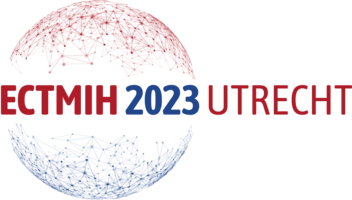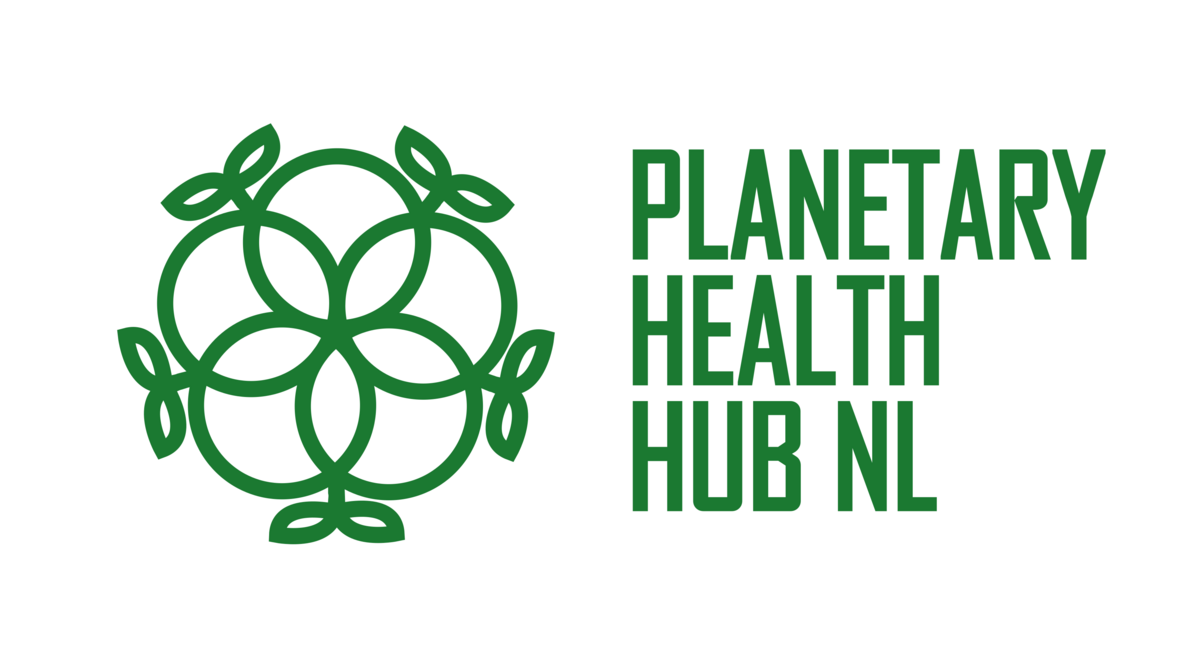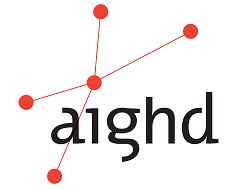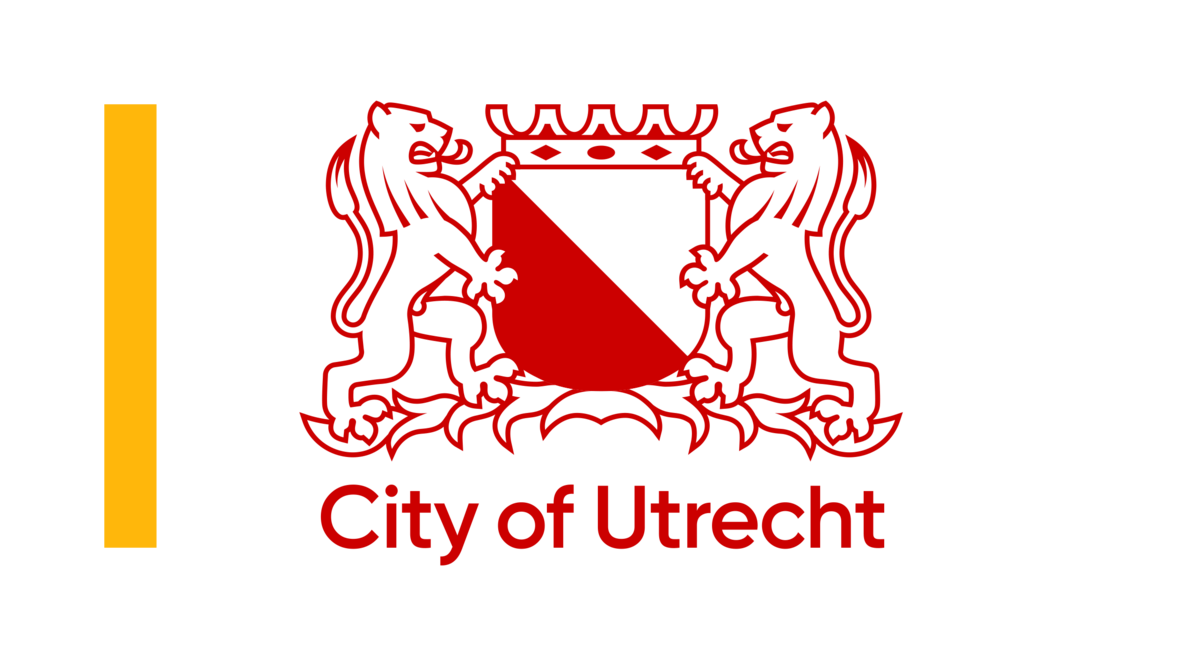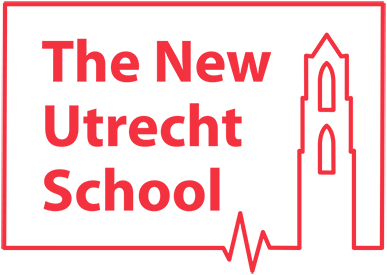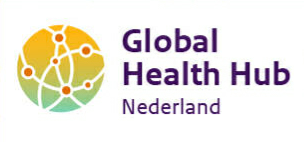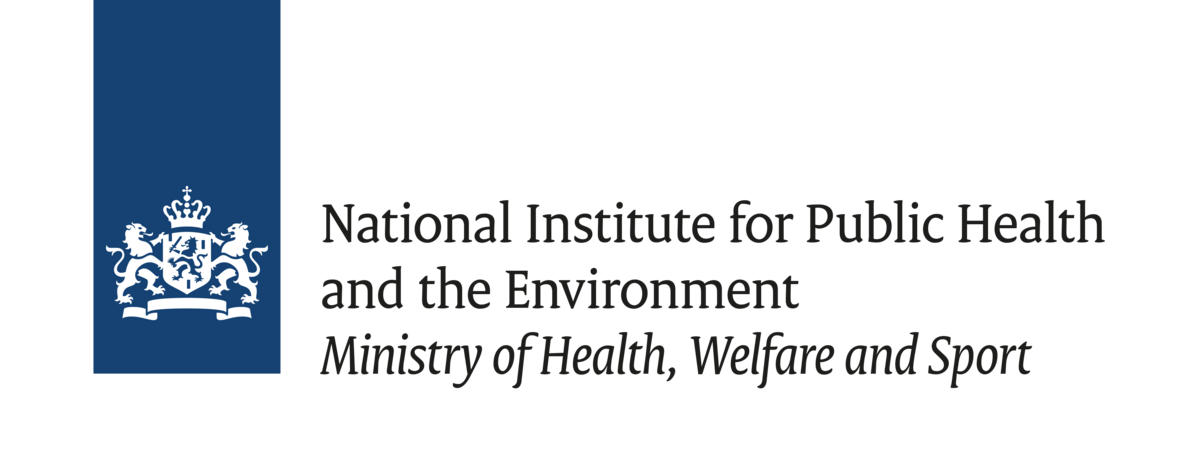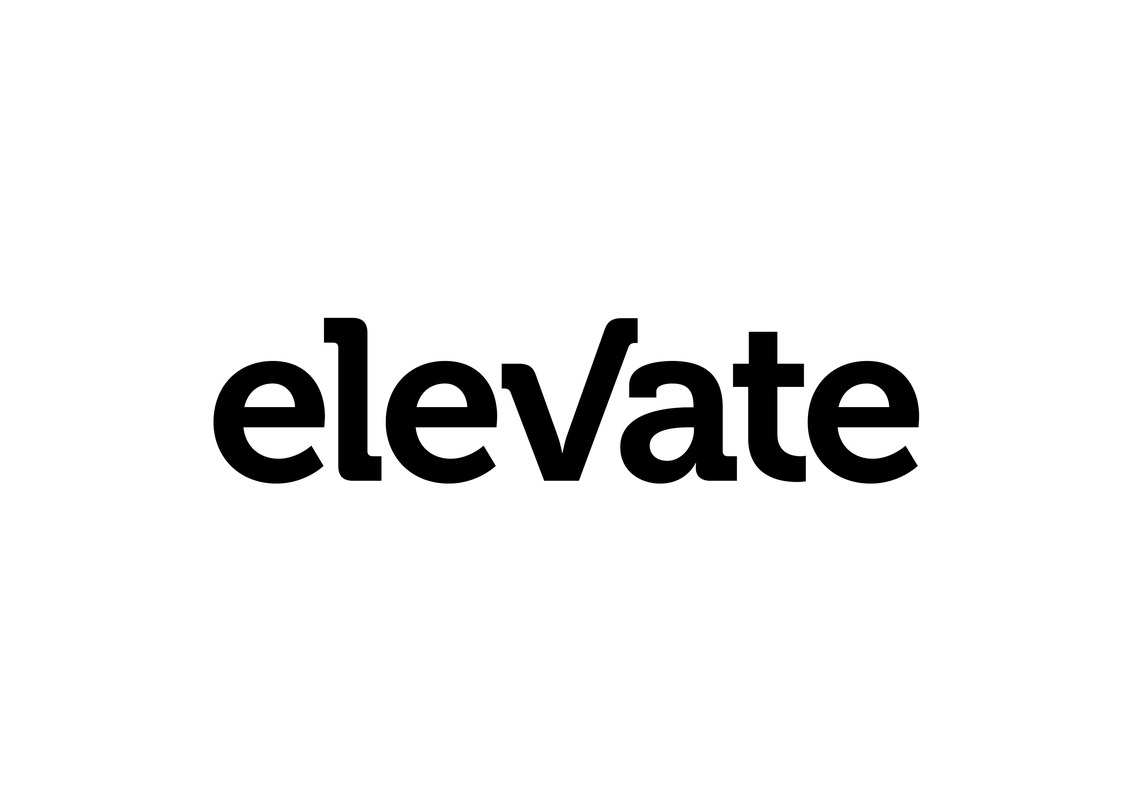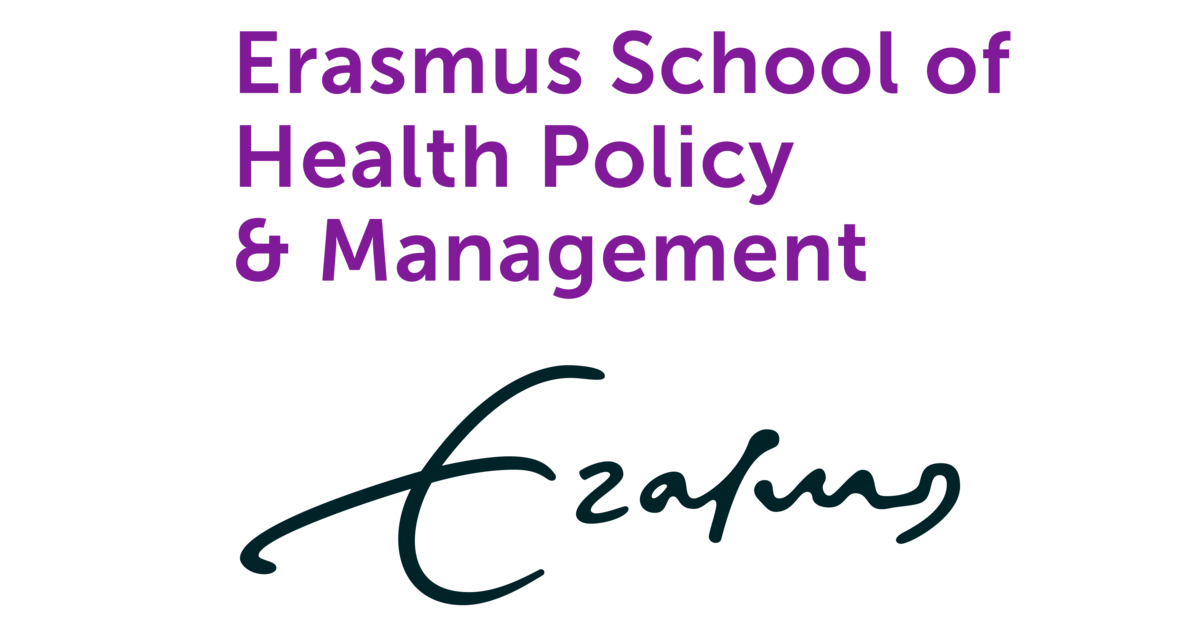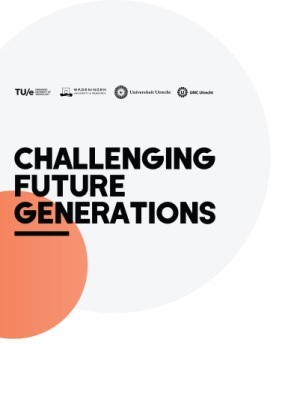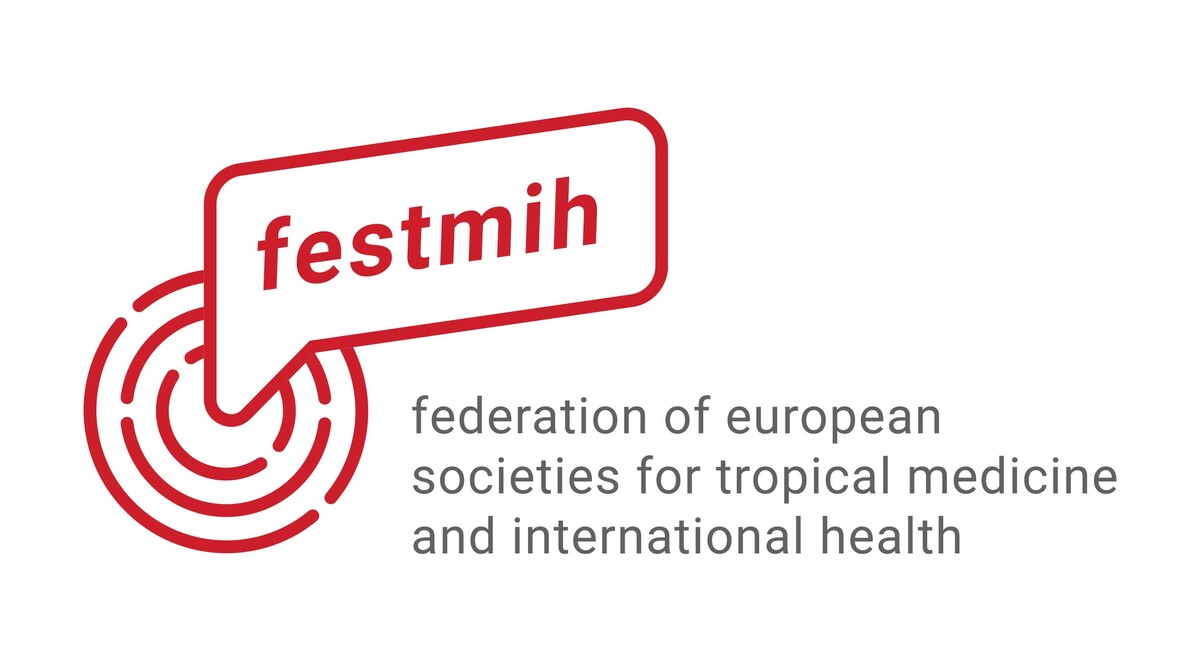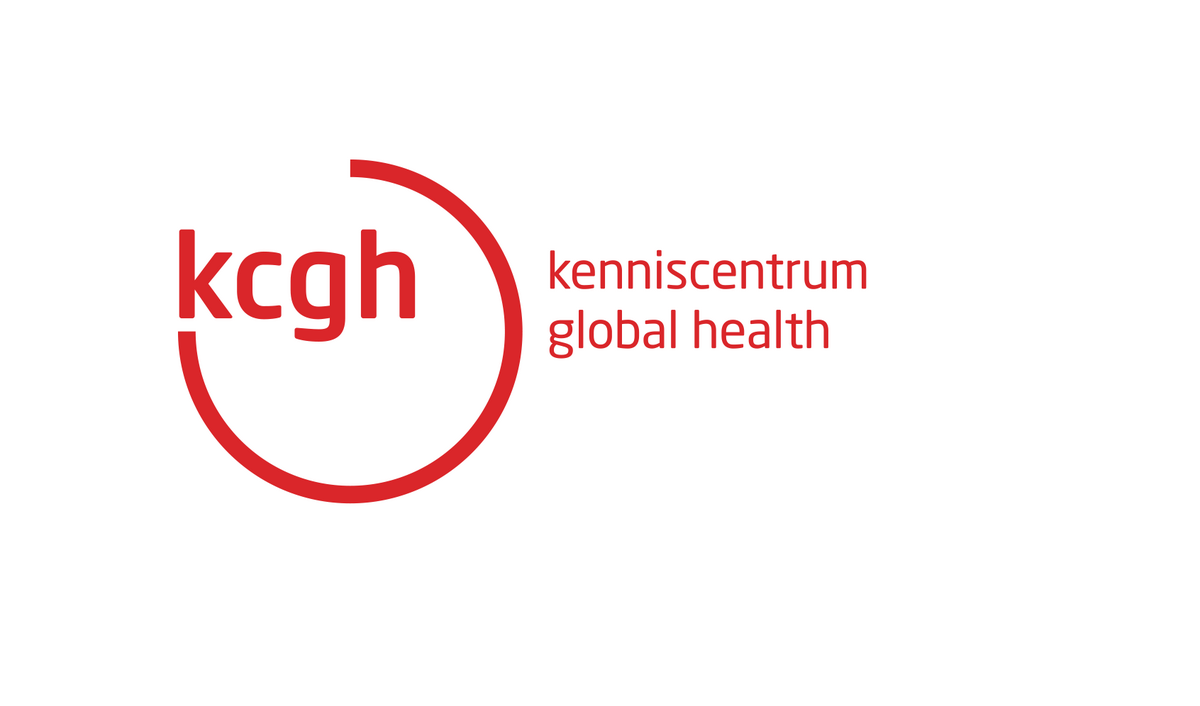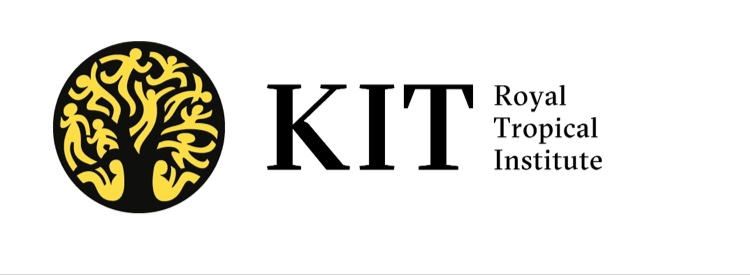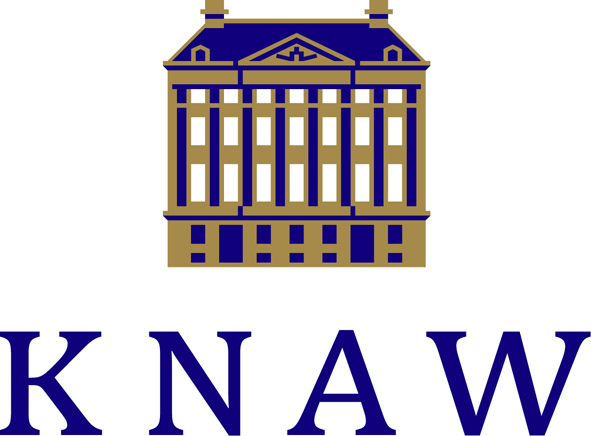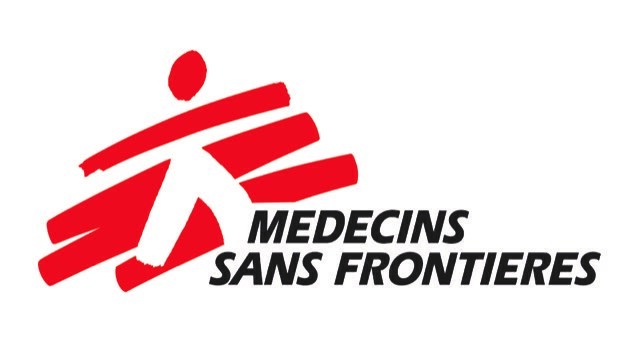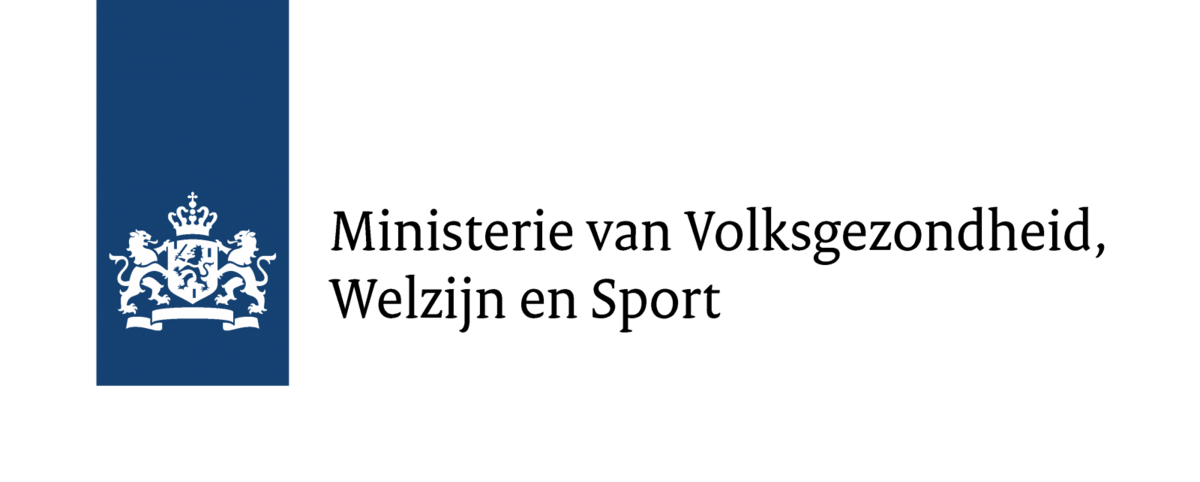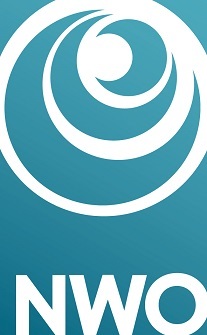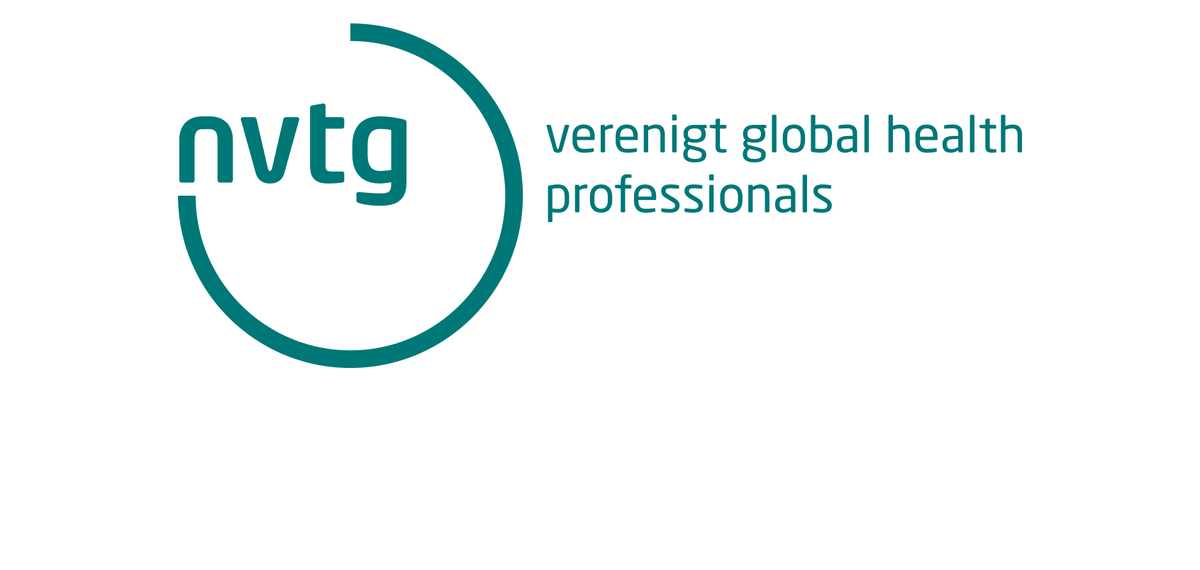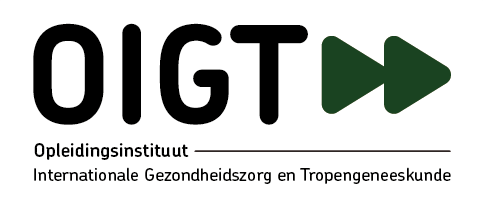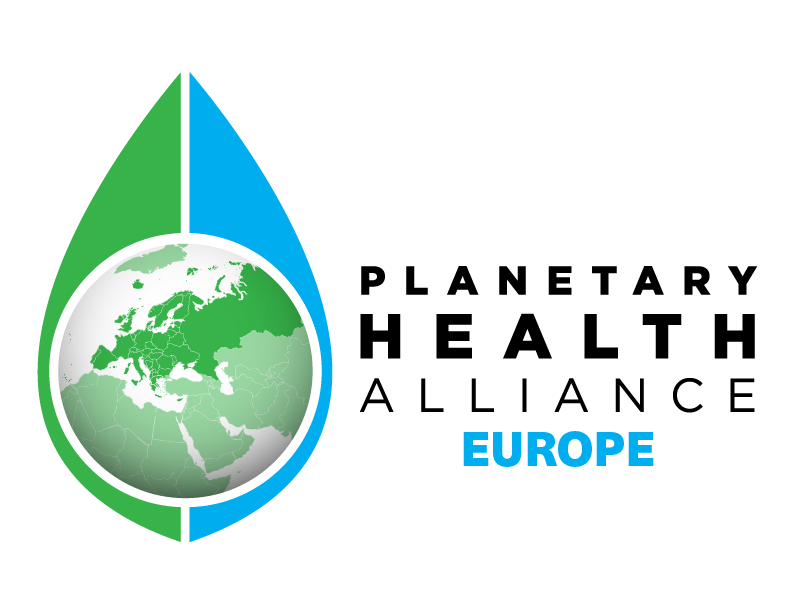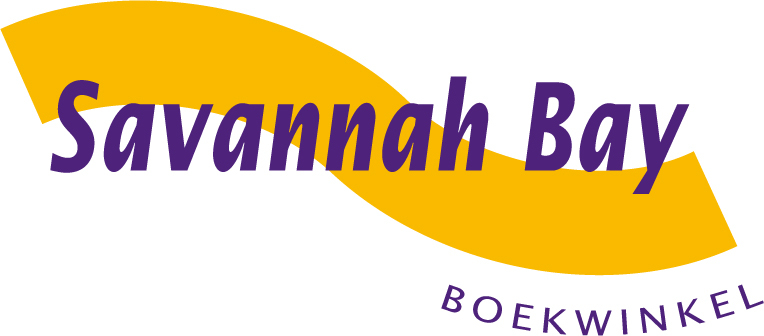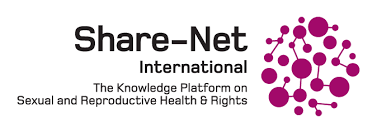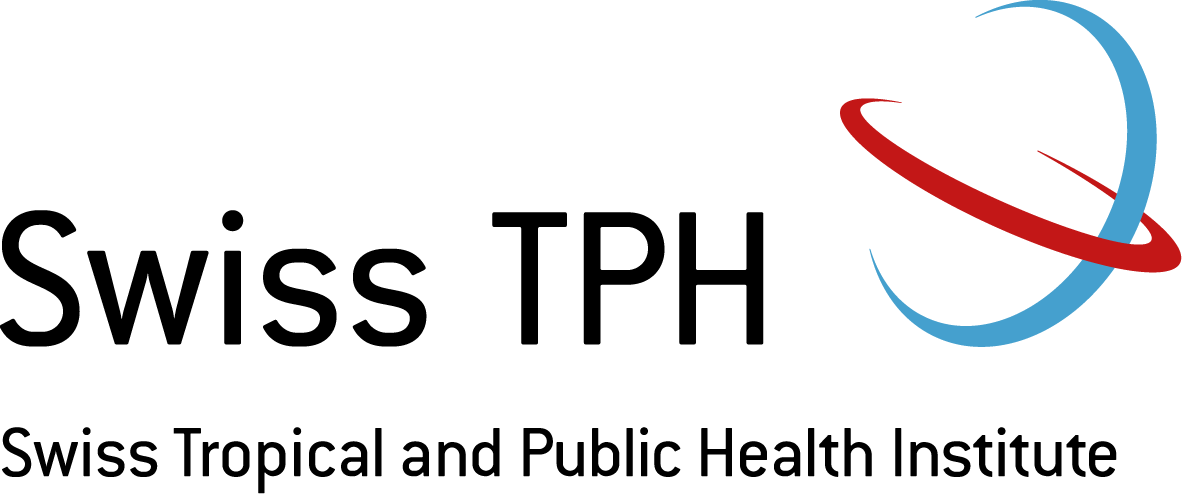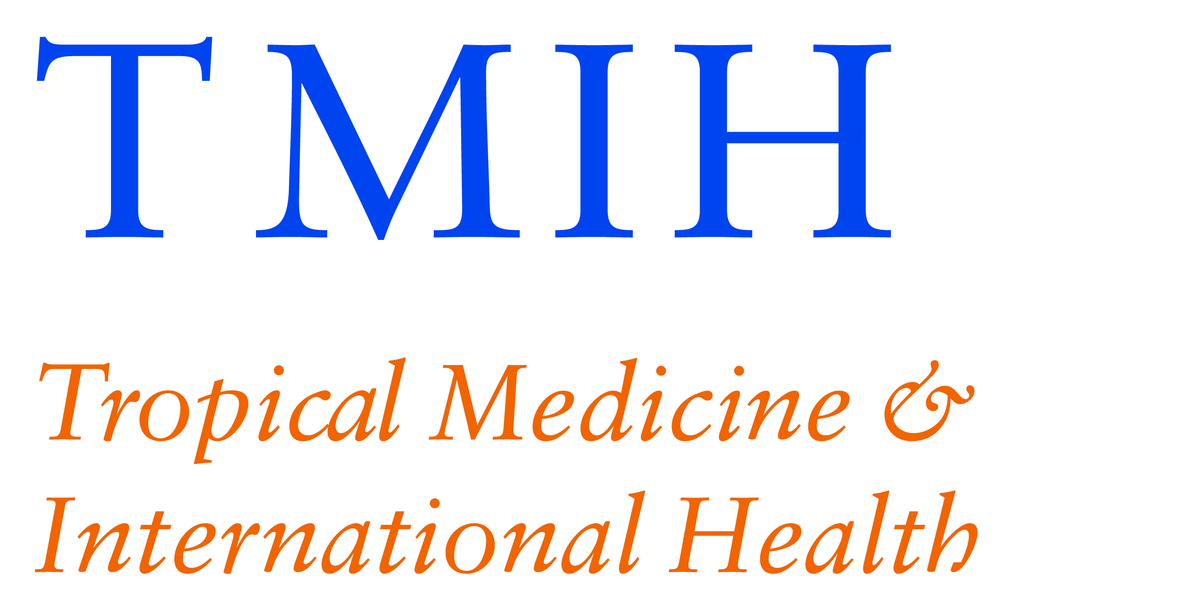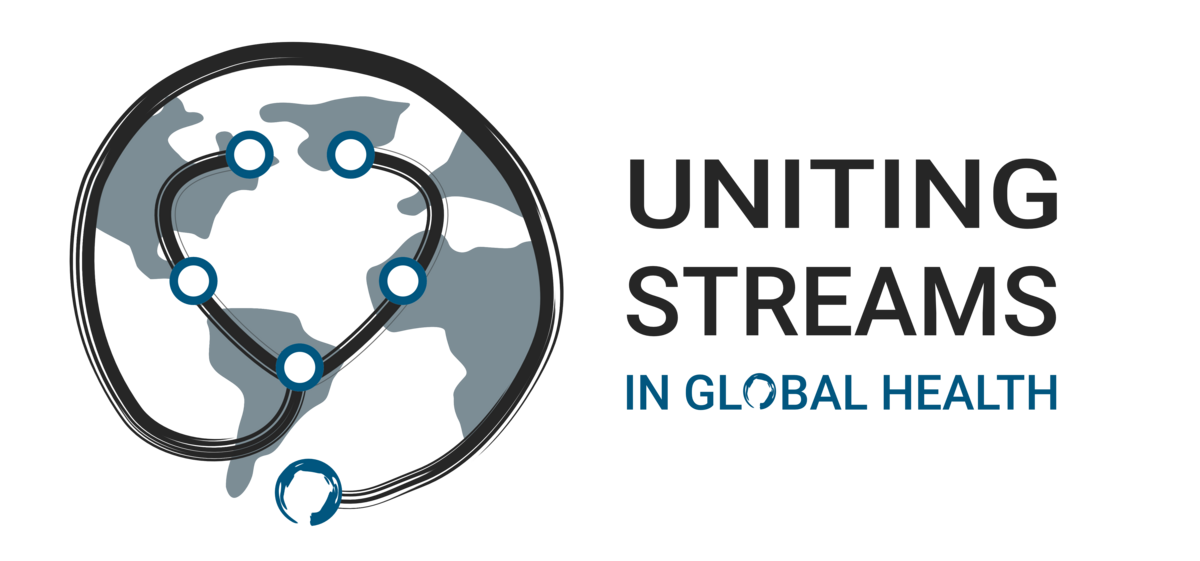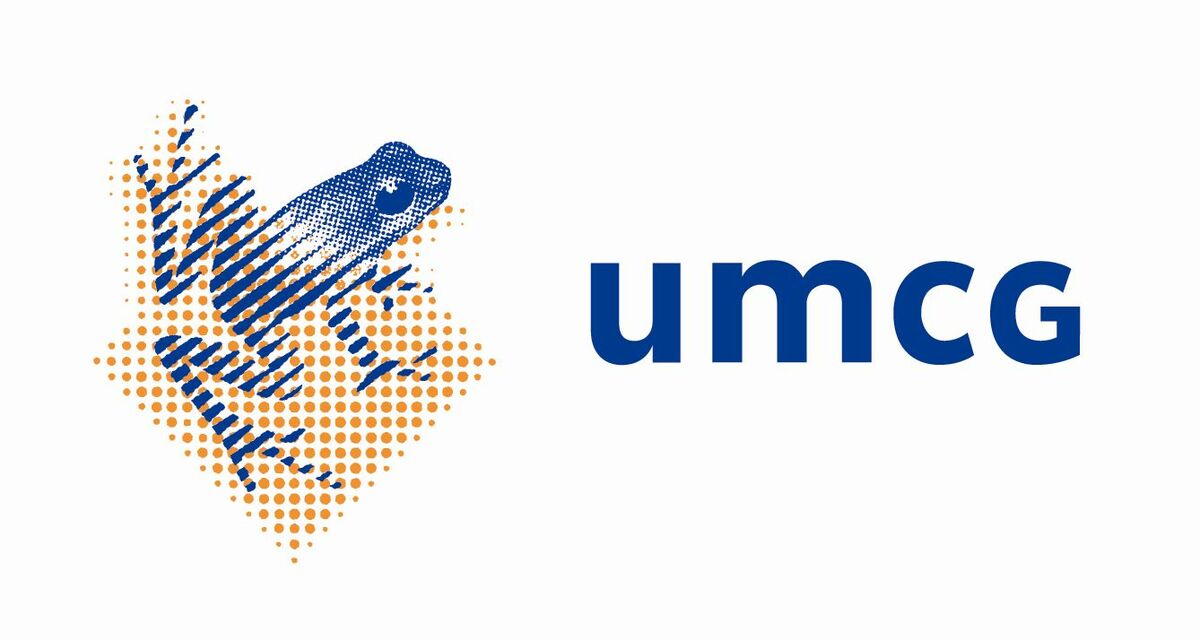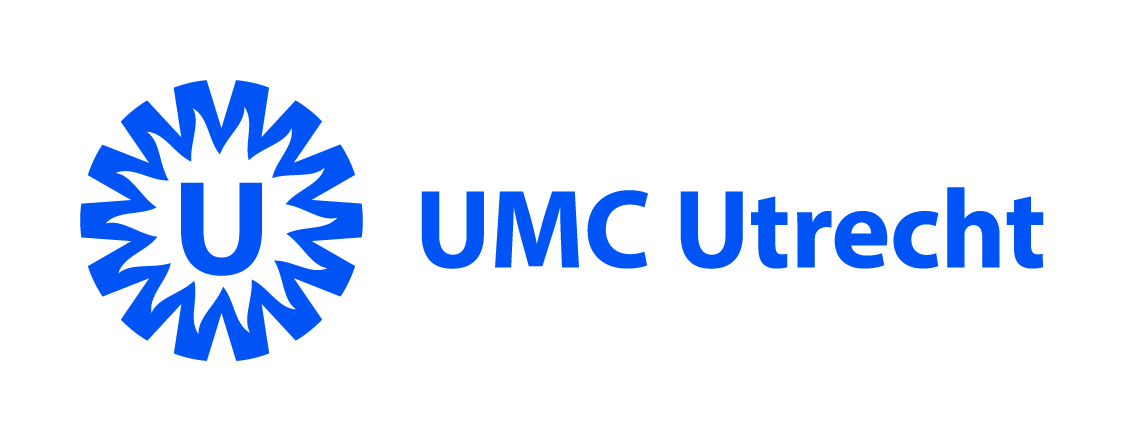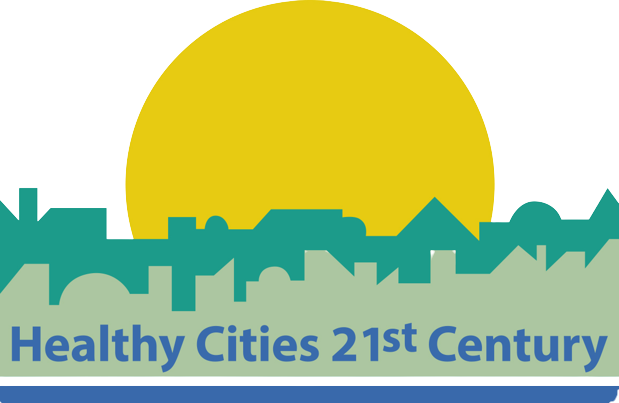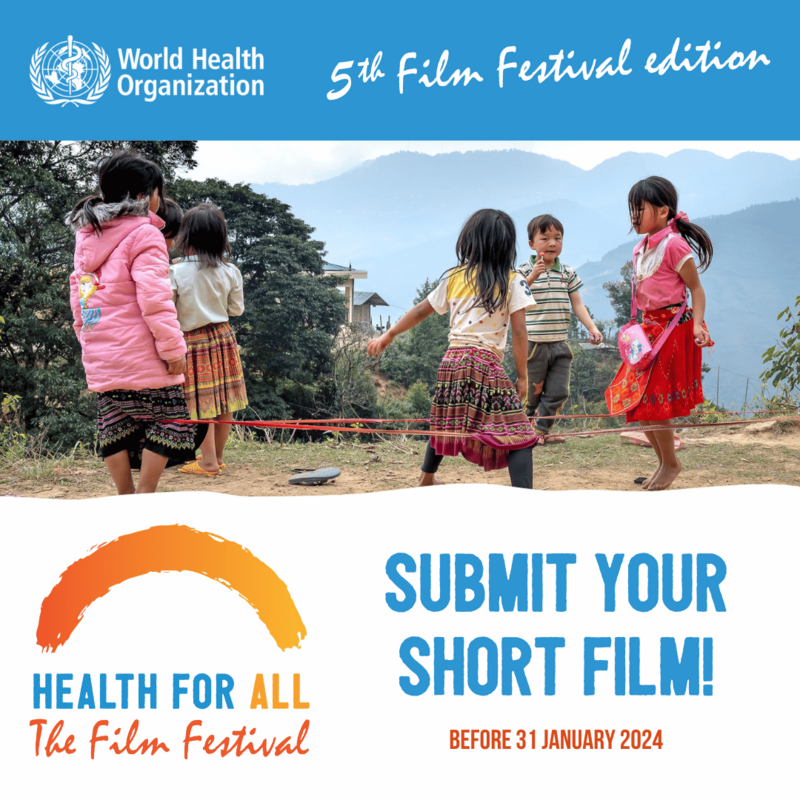Confirmed partners
We are extremely grateful to all the organisations who have already committed to partnering with us to deliver an excellent ECTMIH 2023.
Each and every one of these organisations will make a distinct and most valuable contribution to our congress programme and we look forward to collaborating with all of our partners to deliver our vision for ECTMIH 2023 together.
Accelerator Hub Planetary Health
Our mission as healthcare professionals is to protect the future health of our planet on behalf of all children in the world and subsequent generations.
We are a collective of like-minded individuals, and combine our efforts and network to support the exponential acceleration of the transition into a sustainable and equitable society and healthcare sector.
Amsterdam Institute for Global Health & Development
The Amsterdam Institute for Global Health & Development (AIGHD) is a research and education institute with a mission to address global health challenges by conducting interdisciplinary research, generating key insights and solutions, and educating the next generation of global health leaders.
AIGHD aspires to accelerate progress by sharing knowledge and insights with policy makers, NGOs and the scientific community.
Bio Molecular Systems
Bio Molecular Systems (BMS) is a biotechnology company that designs, manufactures and distributes instrumentation for the life sciences. Established in 2010 and comprising of the founders and senior personnel from the former Corbett Life Sciences company, we have the expertise in developing innovative, versatile, robust, and easy-to-use products that generate strong customer loyalty. Our long standing position in the biotech manufacturing sector enables us to establish a reputation for continuous and rapid in-house innovation and product evolution.
BMS is the manufacturer of the Mic, the world’s first Magnetic Induction Cycler for qPCR using a patented magnetic induction technology to heat samples very fast. This means qPCR results in less than 25 min. In 2018 we launched Myra, a very small qPCR setup robot. In fact it is the world’s first robot that can actually see.
We will soon be launching the Myra+ which is an integration of our Mic qPCR system inside the Myra robot, thereby offering a sample to result workflow.
Centre for Tropical Medicine and Global Health
Oxford's Centre for Tropical Medicine and Global Health is a network of research groups based in Oxford, Africa (Kenya, Uganda, DRC) and Asia (Thailand, Vietnam, Laos, Myanmar, Cambodia, Indonesia, Nepal). Focussing on national health priorities where we operate, our aim is to tackle infectious diseases, from malaria, TB, HIV and COVID to neglected tropical diseases and emerging infections. Our research ranges from clinical studies to behavioural sciences, with capacity building integral to all our activities.
Ours are among the largest-scale and most enduring research facilities run by any university overseas. Most of our research is conducted at Wellcome Programmes in Kenya, Vietnam and Thailand. In addition to basic research, diagnostics development, drug discovery, clinical trials and implementation, we run training programmes for research scientists. Our aim is to provide world class research facilities in the countries where we operate, coupled with a strong ethos of capacity development.
City of Utrecht
Utrecht is growing and preparing for the future. The number of people living in our city is on the rise: Today, 350,000 people call Utrecht home, and in 20 years’ time, that number will grow to around 455,000.
We want to make sure that our city is a healthy and enjoyable place for these people to live and work. We also want to make sure that they can travel across, in and out of the city quickly and easily, and have plenty of things to do in their spare time.
De Nieuwe Utrechtse School (The New Utrecht School)
The New Utrecht School (De Nieuwe Utrechtse School) is an interdisciplinary platform for urgent discussions on the interaction between the health domain, the arts, and the sciences and humanities.
We stimulate cross-fertilization between professionals in healthcare, artists, civil society organizations, and scholars through public dialogues, art initiatives, research, and education.
Dutch Global Health Hub
The Dutch Global Health Hub was established in September 2023 as a result of the Global Health Strategy with a vision to lead the way towards a global health system, by bringing together parties from different sectors that are active in the field of global health and builds on existing partnerships.
The partners of the Dutch Global Health Hub will join forces to contribute to:
- More knowledge exchange and intersectoral partnerships;
- Streamlining and coordinating actions;
- Encouraging innovation;
- International and inter-ministerial policy coherence;
- Pioneering advocacy by various parties in the Hub;
Our focus issues are the priorities identified in the Global Health Strategy; to find the best solution to each issue three Communities of Practice have been set up, each focusing on one particular theme:
- Strengthening the global health architecture and national health systems;
- Improving international pandemic preparedness and minimising cross-border health threats;
- Addressing the impact of climate change on public health, and vice versa
Dutch National Institute for Public Health and the Environment (RIVM)
Disease pathogens, climate change and air pollution extend beyond national borders. Many health and environmental issues require an international approach. Therefore, much policy is developed at European and global level, for instance in the EU and the United Nations.
Addressing the increasingly complex societal challenges requires international collaboration and coordination. RIVM wants to play its part.
Elevate Health
Elevate merges inventive medical expertise and education by collaborating with top scientists and specialists to create customized digital learning programmes. We empower health practitioners and researchers worldwide to expand their knowledge with our accredited online courses.
We collaborate with over 200 experts and we partner with prestigious institutions such as the University Medical Center Utrecht, Amsterdam UMC and many others across Europe.
Erasmus School of Health Policy & Management
Erasmus School of Health Policy & Management (ESHPM) is a leading faculty for education and research in the field of health policy and management.
Multidisciplinary research is characteristic of ESHPM. Scientists from various fields (such as health economics, health law, organizational sciences, administrative sciences and medical sociology) work closely together in the field of healthcare.
EWUU Circular Society
Eindhoven University of Technology, Wageningen University & Research, Utrecht University and University Medical Centre Utrecht are complementary in knowledge and talent and have formed an alliance known as EWUU to work together to contribute to societal transitions.
An important theme in the cooperation among the alliance members is Circular Society. The four institutions cooperate within this theme to contribute to the transition
to a sustainable society.
Currently, Circular Society aims to facilitate this transition by conducting necessary research on urban-rural circularity and circular safe hospitals.
Federation of European Societies for Tropical Medicine and International Health
The Federation of European Societies for Tropical Medicine and International Health (FESTMIH) was founded in 1994 in the build-up to the 1995 inaugural European Congress on Tropical Medicine and International Health in Hamburg.
FESTMIH is the patron and co-organiser of the European Congresses on Tropical Medicine and International Health (ECTMIH); since 1995 we have co-organised 13 ECTMIHs throughout Europe
Nearly thirty years on, we have established a vibrant network of European societies and platforms in the domain of global health and tropical medicine.
The steady growth of the network ensures continuity of our work, and opens new possibilities for joint action in research and development, dissemination of knowledge, advocacy and exchange of experiences in the field of global health and tropical medicine.
Membership is open to national societies or platforms / forums of professionals with an interest in tropical medicine and global health. We welcome new societies or organisations to our network to jointly work on achieving our mission.
Future Food Utrecht
Future Food Utrecht offers a platform for scientists and external stakeholders on which they contribute to the transition of the food chain for a sustainable world, by means of unique transdisciplinary research and education. The search is for catalysts of change; small interventions with big effects. Our ambition is to strive for diets that are both good for the planet as for all its inhabitants.
Future Food Utrecht focusses on four themes on which we will focus in the coming years, in order to contribute to solutions for current food challenges: nature-inspired (climate-resilient) agriculture; feed, food and health; inclusive transformation of food systems.
International Federation of Medical Students’ Associations - The Netherlands
The International Federation of Medical Students' Associations - The Netherlands (IFMSA-NL) is a non-profit students’ association that creates initiatives focussing on the awareness of and improvements in global health in our society, as well as personal development for future professionals in and around health care.
By means of our projects and activities, we strive to work towards a better world and enable our volunteers and others to use, share and develop their knowledge and skill.
Kenniscentrum Global Health
Kenniscentrum Global Health (KCGH) or Knowledge Centre Global Health supports knowledge exchange in the field of global health by connecting healthcare and global health professionals, making global health knowledge more accessible, learning from it and promoting its application in Dutch healthcare.
The Netherlands has several knowledge institutions and organizations that deal with global health issues. For KCGH it is important to be complementary, working together and facilitating global health knowledge utilization.
We connect experts, organizations and healthcare providers around current themes in global health, with a focus on planetary health and health equity in the coming years . We are also committed to bringing global health issues to the attention of a wider audience.
KIT Royal Tropical Institute
KIT Royal Tropical Institute is an independent centre of expertise, education and hospitality dedicated to sustainable development.
Guided by the Sustainable Development Goals (SDGs) of the United Nations, our knowledge work focuses on global health, gender, economic development and intercultural communication.
Our education offer comprises a graduate programme in global health, advanced courses for health professionals, a gender training programme and training and coaching services in intercultural communication.
Our campus houses state-of-the-art office and conference facilities, the certified ecofriendly Amsterdam Tropen Hotel, and De Tropen cafe & restaurant. We are also the home of SDG House: a resident community of sustainability experts, social entrepreneurs and NGOs with a membership of 60+ organisations.
Koninklijke Nederlandse Akademie van Wetenschappen (Royal Netherlands Academy of Arts and Sciences)
Through funds and prizes, the Royal Netherlands Academy of Arts and Sciences (KNAW) supports excellent research and promising researchers. On our Funds & Prizes webpage Here's an overview of more than 30 different science funds and awards we endow.
KNAW is supporting ECTMIH 2023 with a contribution from the KNAW Van Walree Fund, a fund intended for supporting sustainable, internationally widely accessible communication between professional colleagues about medical-scientific research.
In June 2023, KNAW published the advisory report Planetary Health. An emerging field to be developed. The report contains a survey of knowledge gaps and identifies where progress can be made in filling them; read more about the report here.
Landcent
Landcent's vision is to pave the right to health for those with limited or no access, restoring their dignity and autonomy. We achieve this by accelerating the fight against diseases of poverty through affordable, sustainable solutions that are safe to use at scale. Landcent provides a platform for product developers to expedite innovation through collaborative networks and partnerships.
Presently, Landcent has a range of next-generation vector control products for better malaria prevention. Additionally, we are developing a Discovery Platform to identify new active ingredients for the creation of bio-pesticides aimed at addressing vector resistance.
Leiden University Medical Center (LUMC)
As an innovative University Medical Center, the LUMC aims to improve healthcare and people’s health. We will achieve this mission by providing our patients with optimised, state-of-the-art healthcare based on pioneering research and innovative teaching.
LUMC Global is a platform for international connectivity in research, education and care. Within the domain of global health, together with our global partners, we focus on research and education on, amongst others. infectious diseases, mother- and child health, MedTech, eHealth and health data management.
Médecins Sans Frontières
Médecins Sans Frontières provides assistance to populations in distress, to victims of natural or man-made disasters and to victims of armed conflict. They do so irrespective of race, religion, creed or political convictions.
Médecins Sans Frontières observes neutrality and impartiality in the name of universal medical ethics and the right to humanitarian assistance and claims full and unhindered freedom in the exercise of its functions.
Ministry of Health, Welfare and Sport of the Netherlands
Everyone healthy, fit and resilient: that’s the motto of the Ministry of Health, Welfare and Sport of the Netherlands.
The Ministry is committed to improving the health and quality of life of all people in the Netherlands. We aim for good quality, affordable and sustainable healthcare and support, we promote prevention and healthy nutrition, and ensure first-rate sports facilities for all, from recreational athletes to professionals.
We pursue these goals together with our partners and of course with everyone in the Netherlands. Because we all want to be healthy, fit and resilient.
Nederlandse Organisatie voor Wetenschappelijk Onderzoek (Dutch Research Council)
The Dutch Research Council (NWO) is one of the most important science funding bodies in the Netherlands and realises quality and innovation in science. Each year, NWO invests almost 1 billion euros in curiosity-driven research, research related to societal challenges and research infrastructure.
NWO selects and funds research proposals based on recommendations from expert scientists and other experts in the Netherlands and abroad. It encourages national and international collaboration, invests in large research facilities, facilitates knowledge utilisation and manages research institutes. NWO currently funds more than 7,200 research projects at universities and knowledge institutions.
The Sustainable Development Goals for Inclusive Global Development route is part of the Dutch Research Agenda. This initiative supports knowledge production and uptake with relevance for pressing global challenges, including global health. The route emphasizes interdisciplinary, international and intersectoral research, in a mode of inclusivity and fairness.
Nederlandsche Vereeniging voor Tropische Geneeskunde
Nederlandsche Vereeniging voor Tropische Geneeskunde (NVTG) or the Dutch Society for Tropical Medicine and International Health was founded in 1907and is dedicated to the improvement of the health care in low- and middle income countries.
NVTG supports and stimulates research, provides education and promotes the exchange of expertise and knowledge in the field of tropical medicine and international health. It also contributes to Dutch health care from a global health perspective.
Opleidingsinstituut Internationale Gezondheidszorg en Tropengeneeskunde
Opleidingsinstituut Internationale Gezondheidszorg en Tropengeneeskunde (OIGT) or the Global Health and Tropical Medicine training institute is responsible for the organization of the training of Medical Doctors in Global Health and Tropical Medicine (in Dutch, the Arts Internationale Gezondheidszorg en Tropengeneeskunde, the AIGT).
The doctors AIGT in training are educated to become generalist doctors that can be employed worldwide. In the Netherlands the Arts International Health and Tropical Medicine / AIGT have an important role, in view of globalization and increasing mobility in our world and society.
Planetary Health European Hub
The Planetary Health European Hub aims to inspire, promote, and develop interactions and synergies amongst those (scientific and non-scientific) interested in developing the Planetary Health approach in Europe.
In November 2022, a nationwide consortium of researchers and sites throughout the Netherlands came together to form the Planetary Health European Hub secretariat. The day-to-day coordination is jointly run by Maastricht University and University Medical Center Utrecht. The Hub’s secretariat operates as a Community of Practice, by focusing on sharing best practices and facilitating activities within the Hub rather than managing them. There are currently four active Working Groups, focusing on: Education, Research, Advocacy & Policy and Community Building.
Province of Utrecht
The province of Utrecht spans 155,400 hectares and consists of 26 municipalities with a joint population of 1,36 million. Utrecht is the oldest and smallest province in the Netherlands and is also one of the most densely populated.
Utrecht is a leading international region, able to claim the highest gross domestic product per capita and the highest-educated population in the Netherlands. In fact, the European Commission named Utrecht one of Europe's most competitive regions.
ReSViNET Foundation
ReSViNET Foundation is the international leading non-profit organisation committed to reducing the global burdens of RSV infection. RSV acute lower respiratory infection (ALRI) is one of our most significant global healthcare challenges, not only in infants, but also in older adults.
It is estimated that globally in 2019, there were 33 million cases of RSV-associated ALRI , 3.6 million RSV-associated ALRI hospital admissions, 26,300 RSV-associated ALRI in-hospital deaths, and 101,400 RSV-attributable overall deaths (84,500–125,200) in children aged 0–60 months.
After four years of building and shaping the network and months of preparation, the ReSViNET Foundation was officially founded in 2018. Since February 2018, the ReSViNET Foundation has been officially registered as a not-for-profit entity under Dutch law. In recent years ReSViNET has built strong partnerships with many stakeholders. We aim to foster global collaboration among researchers, the health sector, governments, international statutory bodies, non-profit organisations, and the wider civil society in an effort to coordinate actions and raise awareness about RSV infection and to tackle the challenge of RSV infection prevention and treatment.
Savannah Bay
We are Savannah Bay, a calm oasis in the center of Utrecht where you will find a broad selection of novels, scientific reading and original gifts.
We are an independent bookshop, which runs thanks to our amazing volunteers. We also host activities on a regular basis, such as literary nights, storytelling events, writing workshops, book clubs and more.
Savannah Bay specializes in literature, poetry, postcolonialism, nature & climate, gender studies, feminism and LGBTQIA+. Furthermore, our socks and tea towels are always a great hit!
Share-Net International
Share-Net International is the leading knowledge platform for Sexual and Reproductive Health and Rights (SRHR).
Our international network consists of non-governmental organisations, researchers, policy makers, implementers, advocates, students, media, and companies who operate in the SRHR field. We work closely with a wide range of partners internationally, and conduct many SRHR activities globally.
Swiss Tropical and Public Health Institute
The Swiss Tropical and Public Health Institute (Swiss TPH) is a world-leading institute in global health with a particular focus on low- and middle-income countries.
Associated with the University of Basel, Swiss TPH uniquely combines research, education and services on a local, national and international level. We aim to improve the health and well-being of people through a better understanding of disease and health systems and by acting on this knowledge.
Our translational approach, from innovation and validation to application, enables us to bring novel diagnostics, drugs and vaccines directly to people, communities, policy and decision makers. Throughout, we pursue a spirit of partnership and strive for sustainable impact in over 100 countries.
More than 900 employees and students work at Swiss TPH, focusing on infectious and non-communicable diseases, environment, society and health as well as health systems and interventions. Our expertise spans from the bench to the field, from basic to operational, from molecular to spatial, and from genes to health systems.
TNO
Health and wellbeing for all!
Healthy citizens both physically and mentally in low and middle income countries is our
ambition. Ensuring healthy lives and promoting well-being for all. TNO contributes with knowledge and innovations to co-create solutions with impact for complex challenges with the local health eco-system and orchestrates innovations.
The themes that we currently cover are:
- Maternal and child health
- Early childhood development
- Digital health
- Resilience and social skills development
- Pandemic preparedness
- Point-of-care diagnostics
Tropical Medicine & International Health
Tropical Medicine & International Health (TMIH) is the Official Journal of the Federation of European Societies for Tropical Medicine and International Health.
TMIH covers a wide range of topics, offers free immediate access to a generous proportion of its contents and full open access to all contents after twelve months. Attracting and supporting authors from tropical and low-income countries is a priority.
TU Delft Global Initiative
Scientists and students from Delft University of Technology use their expertise to find concrete solutions for worldwide problems, in close cooperation with local partners.
With our Healthcare4All programme we focus on the contribution of technology to providing access to good and safe healthcare, mainly in the domains of smart diagnostics and surgical instruments. We aim to understand the infrastructure of health systems in Low and Middle Income countries and develop solutions with local partners to develop new instruments, training programmes, capacity planning, logistics etc. Will you join us?
Uniting Streams
Uniting Streams is an informal network for early-career researchers in all aspects of global health, and a working group within the Netherlands Society for Tropical Medicine and International Health.
We support early-career researchers to enter and orient themselves in the global health sector by connecting researchers to opportunities in the field, and to amplify their voices, for the greater impact of their research on policy and practice. We facilitate multidisciplinary scientific interaction in the field of global health, between researchers in the Netherlands and abroad. Uniting Streams is a values-based organisation starting from the human right to health for all.
University Medical Center Groningen
The University Medical Center Groningen is one of the biggest academic hospitals and medical research centres in the Netherlands serving the whole northern Netherlands region. More than 12,000 people work for better health of the population. Thousands of students train in medical and paramedical education programmes.
The Global Health Hub is the network for international research and education by clinicians, public health experts, social scientists and health economists, who work in dozens of projects for prevention and care globally.
University Medical Center Utrecht
UMC Utrecht aims to contribute to a healthy life and a healthy society, not only for ourselves, but also for all future generations, by providing care, education and research that is future-proof, both ecologically and economically as well as socially.
In doing so, we are committed to being sustainable in everything we do and to setting an example for others.
The global health activities of UMC Utrecht aim to promote health and health equity worldwide; through transdisciplinary research, education and partnerships.
University of Twente Faculty of Geo-Information Science and Earth Observation
The University of Twente Faculty of Geo-Information Science and Earth Observation is among the world's top ten institutes for academic education, scientific research and technology development in earth observation and geo-information.
Our people are engaged worldwide in realising the United Nations Sustainable Development Goals in food security and agriculture, energy transition, geo-health, climate change adaptation, urban development and smart cities, disaster risk reduction, and land administration.
Utrecht University Centre for Global Challenges
The Utrecht University Centre for Global Challenges (UGlobe) is a centre for research, education and impact addressing major global issues.
We do this by encouraging a global perspective at Utrecht University, and through close collaboration with societal partners from around the world. Our collaborations involve ambitious experimental flagship projects that integrate research, education and impact.
Utrecht University Pathways to Sustainability
The sustainability crisis is one of the greatest challenges of our times. The warming of our atmosphere and oceans, the over-exploitation of natural resources, the loss of biodiversity, and the pollution and degradation of our soils, water and air, have created a predicament that undercuts the very reproduction of the comfortable climate circumstance that allows for a peaceful cohabitation on the planet that we have known for millennia.
Pathways to Sustainability is convinced that our university has a special role to play with regards to the sustainability crisis, which is amongst the biggest challenges society faces in the 21st century. Being the home to groups of top academics in a range of fields of sustainability research, Utrecht University now wants to take a next step. We want to create the spirit that will stimulate us to collaborate across the disciplines and in collaboration with societal stakeholders on research and education to establish pathways to sustainability.
Sustainability research at Utrecht University is exceptionally strong and covers many different fields. Having the unique combination of top-notch fundamental natural science research and modelling; scholarship in innovation, transition, law, governance and sustainable finance as well as in the environmental humanities and social sciences, Utrecht University is, as a broad university, well positioned to be at the forefront of innovation in sustainability research and education.
Vrije Universteit Amsterdam
At Vrije Universteit Amsterdam, academics and students conduct research into how to stay healthy and vital as possible. Global health for all people, while preserving planet health, is a core focus in our profile theme ‘Human Health & Life Sciences’.
Through our excellent research, education and valorization, we aim to enable people and society to live healthy within the context of complex societal challenges, A full range of research disciplines and collaborations is embedded in our research institutes, including Amsterdam Public Health, Amsterdam Movement Sciences, Amsterdam Institute of Molecular and Life Sciences, Amsterdam Neuroscience and the Athena Institute.
Through educational programmes such as Health Sciences and Global Health, we educate future professionals to help shape the future to build an equitable, sustainable and healthy society and planet.
Wageningen University & Research
Wageningen University & Research is a collaboration between Wageningen University and the Wageningen Research foundation.
‘To explore the potential of nature to improve the quality of life’
That is the mission of Wageningen University & Research. Over 7,600 employees, 13,100 students and over 150.000 participants to WUR’s Life Long Learning from more than hundred countries work everywhere around the world in the domain of healthy food and living environment for governments and the business community-at-large.
The domain of Wageningen University & Research consists of three related core areas:
- Food, feed & biobased production
- Natural resources & living environment
- Society and well-being
WHO European Healthy Cities Network
The WHO European Health Cities Network is a global movement working to put health firmly on the social, economic and political agenda of city governments.
For over three decades, the European Region’s network has been a pioneering driver of change, creating healthier urban settings that support the health and well-being of people of all ages.
WHO Health For All Film Festival
The Health for All Film Festival (HAFF) is based on the shared assumption that audio-visual language is one of the key elements of WHO’s “Communicating for health impact” approach. Well-produced and well-targeted short films can even sometimes directly improve the health status of some groups, by encouraging behavior change or providing knowledge, motivation, or skills needed for people to take action.
HAFF encourages health experts to comment on our catalog of films to highlight how those stories could be used to obtain change. This is developed in synergy with the WHO Academy or the WHO’s Behavioural Insights unit among other WHO technical departments. Visit our page Films for Health Impact to learn more.
Our HAFF is also a way to gather stories about various actions for health around the world which illustrate WHO’s global health goals set out in its Thirteenth General Programme of Work. This is an encouragement for more films to be efficiently made and used as a contribution to these public health goals. The festival amplifies the voices and stories of those implementing WHO’s scientific guidelines and recommendations, for a better understanding of their concerns.
Prospective partners! We warmly invite you to participate in shaping ECTMIH2023!
We look forward to welcoming you as our partner in this exciting opportunity to convene expertise from around Europe and the globe, and to give a platform to the health leaders of tomorrow.
There are numerous ways to get involved in ECTMIH20233, including hosting your satellite session, co-sponsoring specific events and activities, such as the Planetary Health edition of the Dutch Global Health Film Festival, or supporting the participation of researchers from abroad, in particular low- and middle-income countries.
Email us today for further information on partnership opportunities
